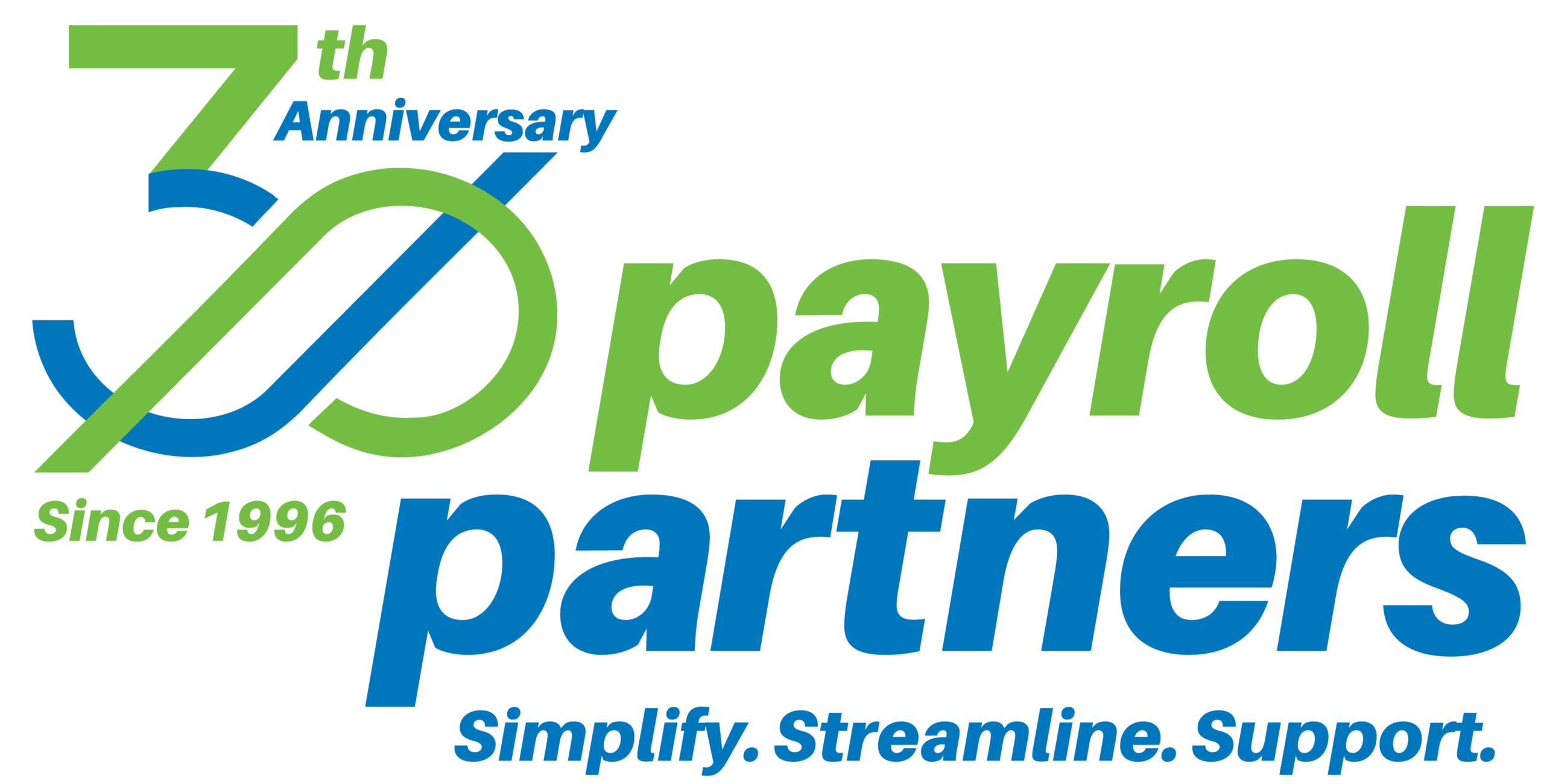Payroll taxes are an essential but often misunderstood aspect of payroll. Whether you’re an employee or an employer, understanding payroll taxes is crucial for managing your finances and staying compliant with tax regulations. In this article, we will break down the basics of payroll taxes, explore how they work, and provide valuable insights for both employees and employers.
What are Payroll Taxes?
Payroll taxes, also known as employment taxes, are the taxes withheld from an employee’s wages or paid by the employer on behalf of the employee. These taxes fund various government programs, including Social Security, Medicare, and unemployment benefits. The two primary types of payroll taxes are:
- FICA Taxes: These are the Federal Insurance Contributions Act taxes, which include Social Security and Medicare taxes.
- Federal Income Tax Withholding: This is the tax withheld by employers based on the information provided by employees on their W-4 forms.
Employee Perspective: Understanding Deductions
As an employee, it’s important to understand how payroll taxes affect your paycheck. Your employer will withhold a portion of your income to cover payroll taxes. Here’s what you should know:
- Social Security: As of the last update in September 2023, 12.4% of your income up to a certain limit is withheld for Social Security. This amount is typically split evenly between you and your employer.
- Medicare: An additional 2.9% of your income is withheld for Medicare, with no income limit. For high earners, an extra 0.9% Medicare tax may apply.
Employer Perspective: Responsibilities and Compliance
Employers have the critical role of calculating, withholding, and remitting payroll taxes to the appropriate tax agencies. Here’s what employers need to consider:
- Withholding: Employers must determine the correct amount of federal income tax and FICA taxes to withhold from each employee’s paycheck.
- Depositing Taxes: These withheld taxes must be deposited with the IRS and other tax agencies on a regular schedule.
- Reporting: Employers need to provide employees with W-2 forms and report employment taxes on forms like Form 941.
Changes and Updates
Payroll tax regulations can change over time due to government policies and economic factors. Keep an eye on updates in the tax code to ensure compliance and make necessary adjustments to your financial planning.
Tax Credits and Benefits
Both employees and employers may be eligible for various tax credits and benefits related to payroll taxes. For example, the Work Opportunity Tax Credit (WOTC) provides incentives to hire individuals from certain target groups, benefiting employers. Employees may also be eligible for the Earned Income Tax Credit (EITC) or other tax benefits.
Payroll Services and Software
To simplify the payroll tax process, many employers use payroll services or software that automates calculations, deductions, and tax reporting. This can reduce the risk of errors and ensure compliance.
Conclusion
Understanding payroll taxes is essential for both employees and employers. Employees should be aware of how these taxes affect their take-home pay, while employers must fulfill their responsibilities in calculating, withholding, and reporting payroll taxes accurately. Staying informed about changes in tax regulations and leveraging available benefits can help both parties make the most of the payroll tax system. Payroll taxes may seem complex, but with knowledge and the right tools, you can navigate them successfully.
Payroll Partners offers simple, streamlined payroll and tax administration with dedicated live support for growing organizations. Please contact Robert Hernandez at (817) 226-8111 and/or robert@payrollpartners.com for more information or to request a demonstration.
This information is provided with the understanding that Payroll Partners is not rendering legal, human resources, or other professional advice or service. Professional advice on specific issues should be sought from a lawyer, HR consultant or other professional.

